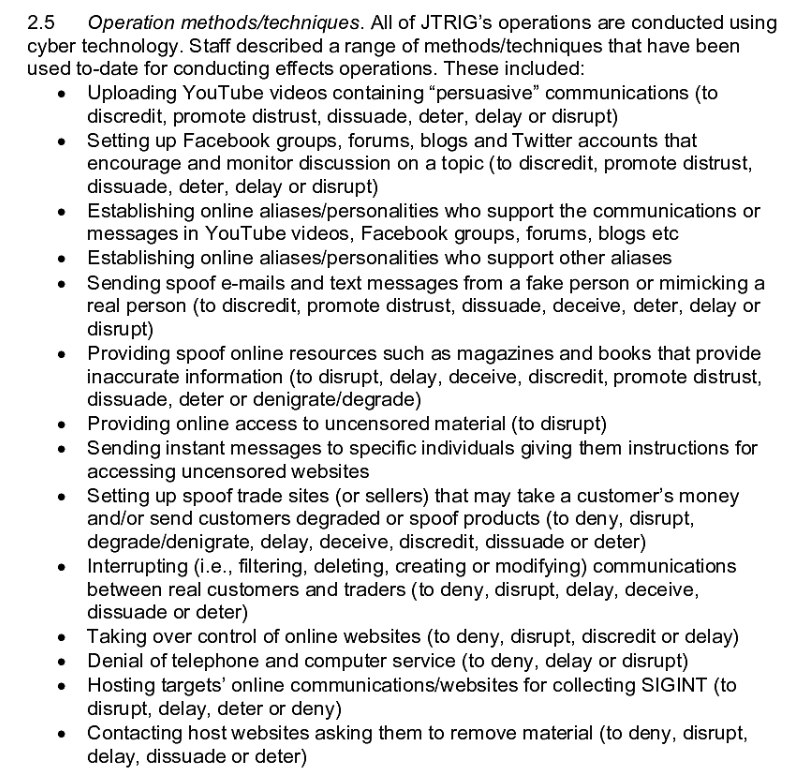
Internet manipulation
Internet manipulation is the co-optation of online digital technologies, including algorithms, social bots, and automated scripts, for commercial, social, military, or political purposes.[1] Internet and social media manipulation are the prime vehicles for spreading disinformation due to the importance of digital platforms for media consumption and everyday communication.[2] When employed for political purposes, internet manipulation may be used to steer public opinion,[3] polarise citizens,[4] circulate conspiracy theories,[5] and silence political dissidents. Internet manipulation can also be done for profit, for instance, to harm corporate or political adversaries and improve brand reputation.[6] Internet manipulation is sometimes also used to describe the selective enforcement of Internet censorship[7][8] or selective violations of net neutrality.[9]
Sources[edit]
![]() This article incorporates text from a free content work. Licensed under CC BY SA 3.0 IGO (license statement/permission). Text taken from World Trends in Freedom of Expression and Media Development Global Report 2017/2018, 202, University of Oxford, UNESCO.
This article incorporates text from a free content work. Licensed under CC BY SA 3.0 IGO (license statement/permission). Text taken from World Trends in Freedom of Expression and Media Development Global Report 2017/2018, 202, University of Oxford, UNESCO.